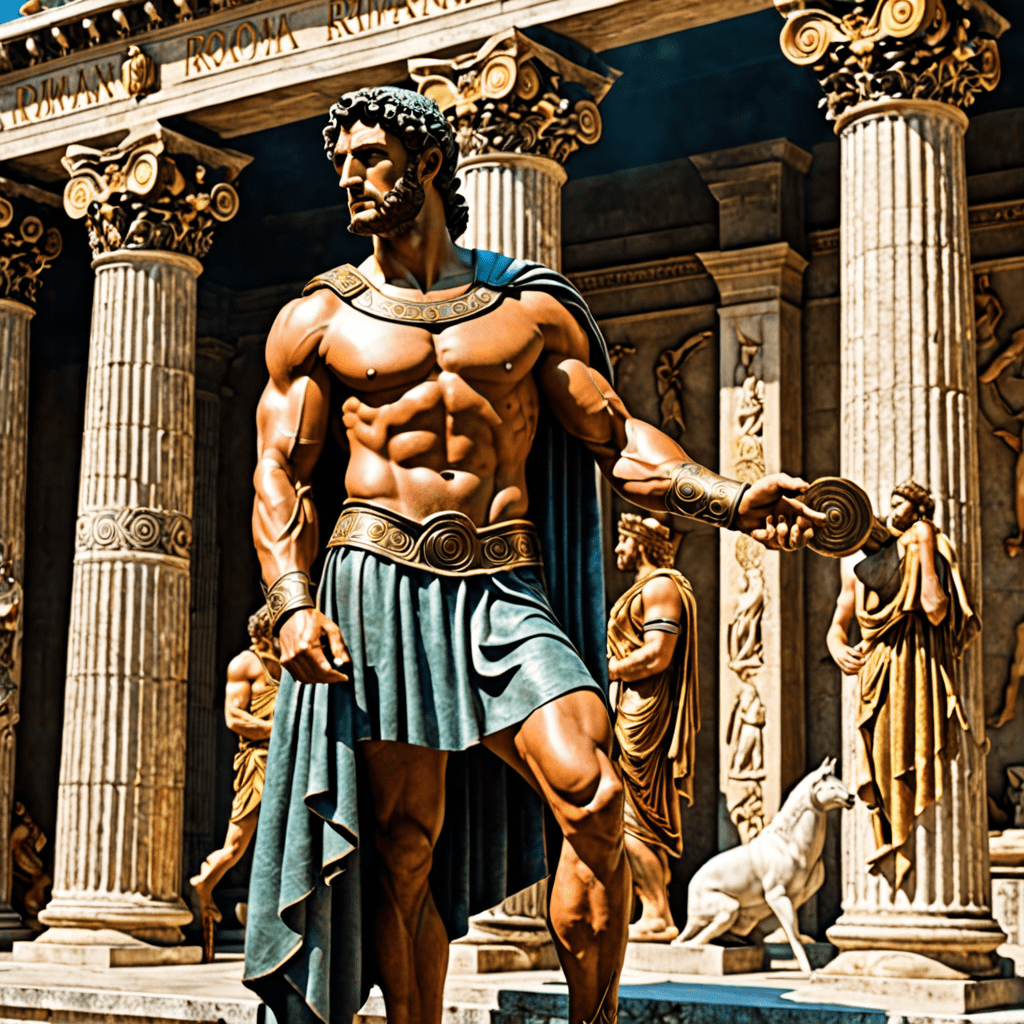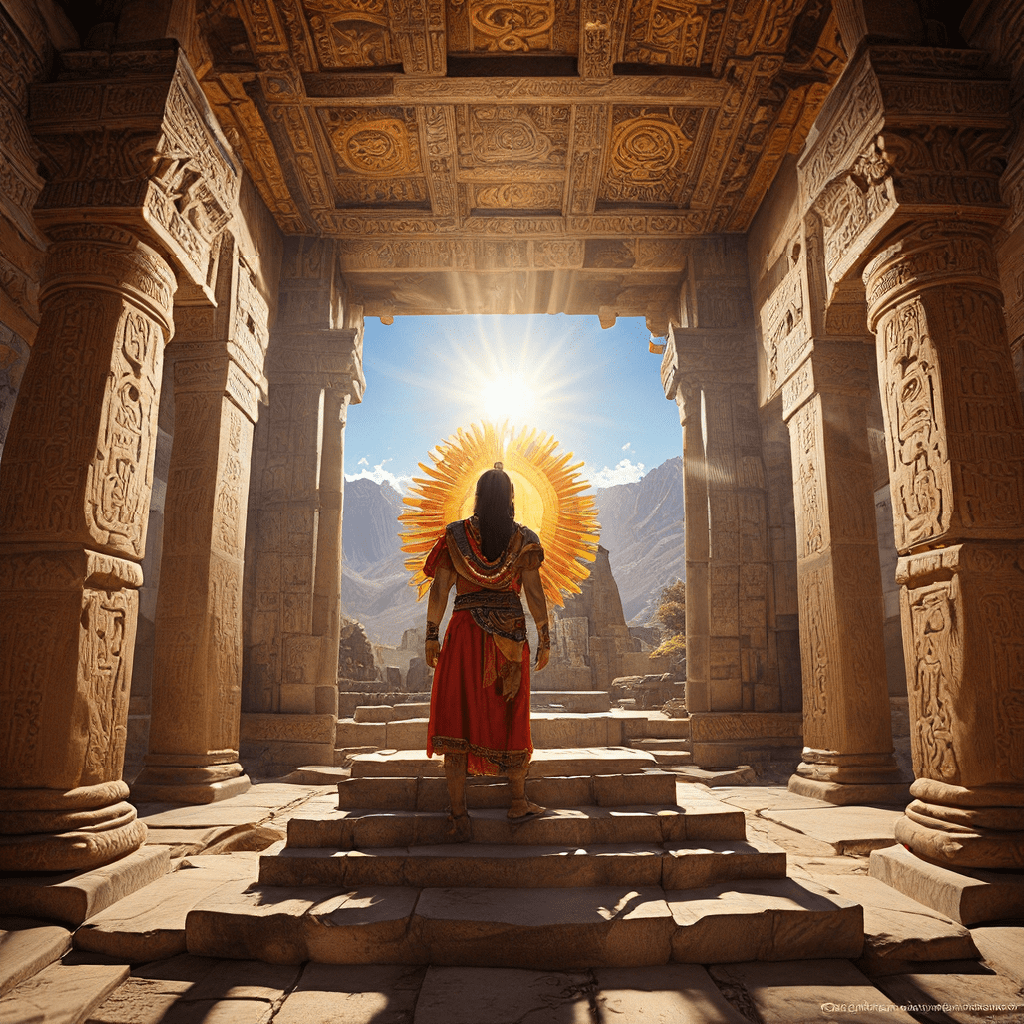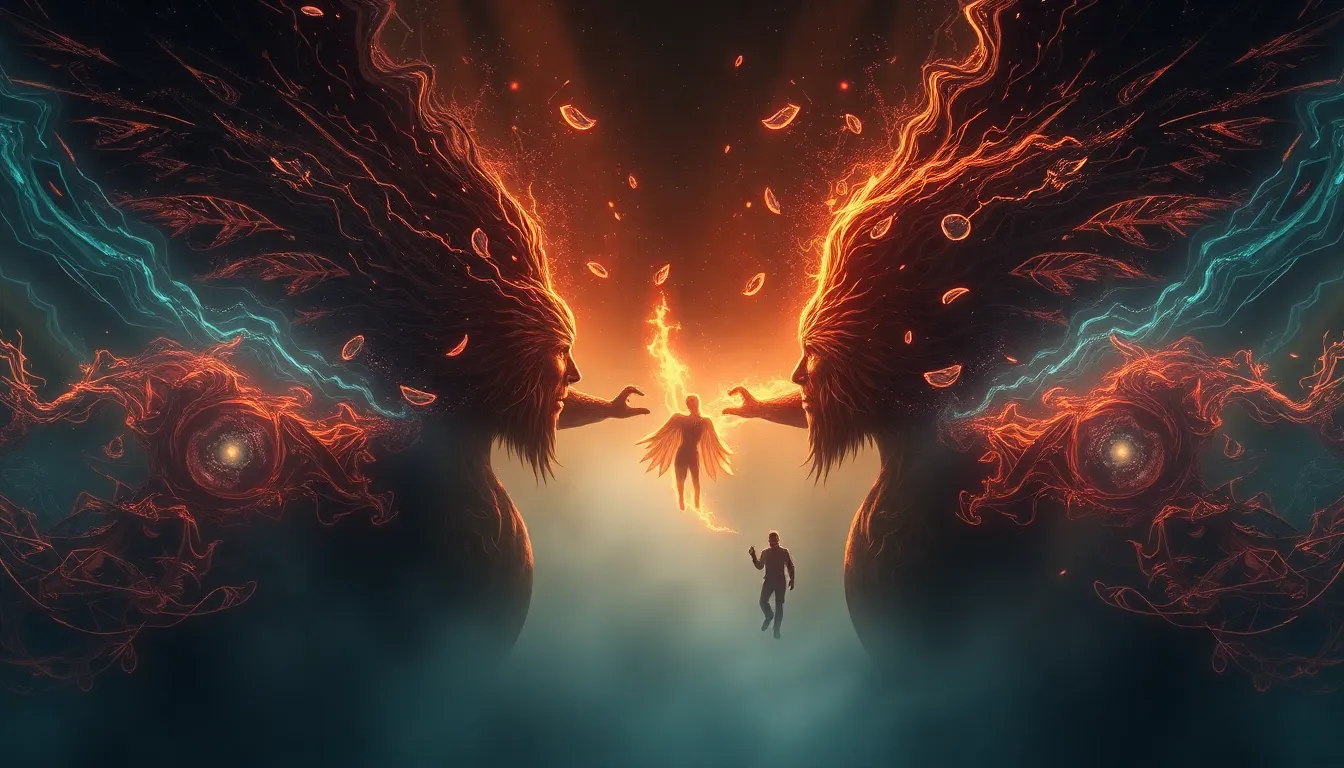Cultural Heroes: The Myths That Define Our Values
I. Introduction
Cultural heroes are individuals who embody the values, ideals, and beliefs of a particular society. They serve as symbols of excellence, courage, and moral integrity, often inspiring others to aspire to similar greatness. Myths surrounding these heroes play a crucial role in shaping societal values, providing narratives that guide behavior and foster a sense of identity.
This article will explore the concept of cultural heroes, the function of myths in society, iconic heroes across civilizations, the evolution of hero narratives, and the implications of these figures on social change. We will also examine the dual nature of heroes, the globalization of hero narratives, and the future of cultural heroes in a rapidly changing world.
II. The Concept of Cultural Heroes
A. Historical context of cultural heroes
The concept of cultural heroes can be traced back to ancient civilizations where myths were used to convey societal values. Figures like Gilgamesh from Mesopotamian mythology and Odysseus from Greek mythology served not only as protagonists in their stories but also as embodiments of the virtues admired by their cultures.
B. Characteristics of cultural heroes across different societies
- Courage: Cultural heroes often face insurmountable odds, showcasing bravery in the face of danger.
- Integrity: They frequently exhibit moral fortitude, standing up for justice and truth.
- Inspiration: Heroes motivate others to achieve greatness and advocate for positive change.
- Relatability: Despite their extraordinary qualities, many cultural heroes have relatable human flaws.
C. The role of storytelling in the perpetuation of cultural heroes
Storytelling is a fundamental mechanism through which cultural heroes are celebrated and their narratives are passed down through generations. These stories serve as pedagogical tools, imparting lessons and reinforcing societal norms.
III. The Role of Myths in Society
A. Definition and function of myths
Myths are traditional stories that explain natural or social phenomena and convey the beliefs and values of a culture. They provide a framework for understanding the world and offer solutions to existential questions.
B. Myths as a reflection of cultural values and norms
Myths reflect the core values and norms of a society, highlighting what is deemed important or virtuous. For example, the myth of the American Dream emphasizes individualism, hard work, and success, shaping the aspirations of many.
C. The psychological impact of myths on individuals and communities
Myths can exert a powerful psychological influence, offering individuals a sense of belonging and identity. They can foster community cohesion, as shared narratives unite people under common ideals.
IV. Iconic Cultural Heroes Across Civilizations
A. Greek and Roman mythology: Hercules, Athena, and others
In ancient Greece and Rome, heroes like Hercules and Athena exemplified strength, wisdom, and valor. Their tales of adventure and moral dilemmas continue to resonate, serving as templates for heroism.
B. Indigenous heroes: The Trickster figures in various cultures
Many indigenous cultures have Trickster figures, such as Coyote in Native American mythology, who play complex roles that challenge norms and provoke thought. These characters often embody duality and teach important lessons through their mischief.
C. Modern cultural heroes: Figures like Martin Luther King Jr. and Malala Yousafzai
In contemporary society, figures such as Martin Luther King Jr. and Malala Yousafzai represent modern cultural heroes who advocate for justice, equality, and education. Their stories inspire movements and encourage individuals to stand up against oppression.
V. The Evolution of Cultural Heroes in Contemporary Society
A. Changes in the representation of heroes in media and literature
Cultural heroes have evolved in their portrayal in media and literature, reflecting changing societal values. Today’s heroes are often more diverse and complex, showcasing a broader spectrum of human experiences.
B. The impact of social media on the emergence of new heroes
Social media has democratized the hero narrative, allowing everyday individuals to gain recognition for their contributions to society. Activists, educators, and influencers can emerge as heroes in their communities, spreading their messages rapidly.
C. The relevance of traditional heroes in today’s digital age
While new heroes are emerging, traditional heroes still hold relevance. Their stories continue to inspire and educate, serving as a foundation for contemporary values and ideals.
VI. The Dual Nature of Heroes: Myths vs. Reality
A. The complexity of hero narratives
Hero narratives are often complex, revealing the multifaceted nature of heroism. Heroes can exhibit both admirable and flawed traits, leading to a richer understanding of their impact.
B. The danger of idealization and the fallibility of heroes
While it is natural to idolize heroes, idealization can be dangerous. Heroes are human and prone to errors, and recognizing their fallibility is essential to a balanced understanding of their contributions.
C. Case studies of fallen heroes and the implications for cultural values
Case studies, such as those of figures like Bill Cosby or Lance Armstrong, illustrate the implications of fallen heroes. Their narratives remind society to critically assess the actions of those we place on pedestals.
VII. Cultural Heroes and Social Change
A. The role of heroes in advocating for social justice and reform
Cultural heroes often serve as catalysts for social change, utilizing their influence to advocate for justice and reform. Their actions can inspire collective movements that challenge the status quo.
B. How heroes inspire movements and collective action
Heroes motivate individuals to unite for a common cause, providing a rallying point that energizes movements. Their stories can galvanize communities and sustain activism over time.
C. Examples of heroes who catalyzed significant cultural shifts
- Nelson Mandela: His fight against apartheid in South Africa inspired global movements for justice.
- Rosa Parks: Her refusal to give up her seat on a bus became a symbol of the civil rights movement.
- Greta Thunberg: As a young climate activist, she has mobilized millions to take action against climate change.
VIII. The Globalization of Cultural Heroes
A. The blending of cultural hero narratives in a globalized world
Globalization has led to the blending of cultural hero narratives, as stories and figures transcend borders. This fusion can enrich cultural understanding but also dilute local traditions.
B. The impact of globalization on local hero myths
Local hero myths may be challenged or overshadowed by global narratives, leading to changes in how communities view their own cultural figures.
C. Cultural appropriation vs. cultural appreciation in hero narratives
As hero narratives become global, the line between cultural appropriation and appreciation can blur. It is essential to approach these stories with respect and understanding of their origins.
IX. The Future of Cultural Heroes
A. Emerging heroes in the age of technology and climate change
In an increasingly complex world, new heroes are emerging who address contemporary issues such as technology, climate change, and social justice. Figures like environmental activists and tech innovators are shaping the hero narrative for future generations.
B. The potential for new myths to reshape future values
As new challenges arise, the potential for new myths to emerge is significant. These myths can redefine societal values and inspire future movements.
C. Predictions on the evolution of hero narratives in the coming decades
Looking ahead, hero narratives will likely continue to evolve, incorporating diverse perspectives and addressing global challenges, thus reflecting the complexity of modern life.
X. Conclusion
Cultural heroes play a pivotal role in shaping our values and beliefs. Through their stories and myths, they inspire individuals and communities to strive for greatness and advocate for social change. As society evolves, so too will the narratives surrounding these heroes, reflecting the dynamic interplay between culture, values, and collective aspirations.




